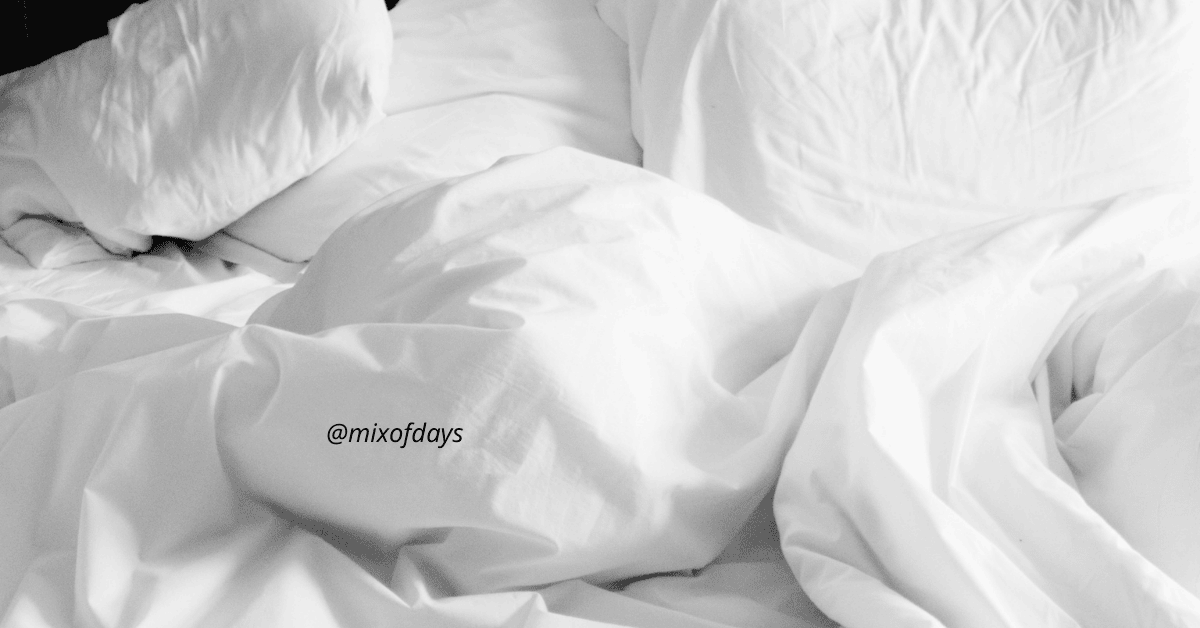ossing and turning at night? Waking up groggy despite a full 8 hours in bed? You’re not alone. In our hyper-connected, always-on world, quality sleep has become a luxury—when it should be a basic part of our health routine.
The good news is, better sleep isn’t just about counting sheep. It’s about creating the right environment, habits, and mindset to support healthy sleep patterns. Let’s dive into practical sleep hygiene tips that actually work—backed by science and real-life experience.
1. Stick to a Consistent Sleep Schedule
Your body loves routine. Going to bed and waking up at the same time every day—yes, even on weekends—helps regulate your body’s internal clock (circadian rhythm), making it easier to fall asleep and wake up naturally.
Try This: Set a “wind-down alarm” 1 hour before bed to start prepping your body for sleep.
2. Create a Relaxing Night Routine
Wind down with a calming pre-sleep ritual to signal to your brain that it’s time to rest. Some favorites:
- A warm shower or bath
- Light stretching or yoga
- Reading a physical book
- Listening to soft instrumental music or a sleep meditation
🧘 Avoid intense workouts or stressful conversations close to bedtime.
3. Limit Exposure to Blue Light
Blue light from phones, tablets, and laptops interferes with melatonin production, making it harder to fall asleep.
What Helps:
- Use a blue light filter app or built-in Night Shift mode
- Avoid screens 1–2 hours before bed
- Try blue light blocking glasses if screen time is unavoidable
4. Watch What You Eat (and Drink)
Caffeine, alcohol, and heavy meals too close to bedtime can disrupt sleep.
✅ Do:
- Sip chamomile or peppermint tea
- Eat a light, sleep-friendly snack like bananas or oatmeal if needed
❌ Avoid:
- Coffee after 2 PM
- Spicy or acidic food at dinner
- Alcohol late at night—it may make you drowsy but disturbs sleep cycles
5. Optimize Your Sleep Environment
Your bedroom should be your sleep sanctuary. Here’s how to make it more restful:
- Keep it cool: Around 18–22°C (64–72°F)
- Darken the room: Use blackout curtains or an eye mask
- Limit noise: Try white noise, a fan, or earplugs
- Declutter: A clean space = a calm mind
🛏️ Invest in a comfy mattress and pillows that support your sleep style.
6. Quiet the Mind Before Bed
Racing thoughts are a common sleep disruptor. Calm your mind with:
- Journaling (write down tomorrow’s to-dos)
- Deep breathing (try 4-7-8 breathing technique)
- Guided meditation apps like Calm or Insight Timer
💬 Mantra: “I did enough today. I am allowed to rest.”
7. Only Use Your Bed for Sleep
Avoid working, eating, or scrolling in bed. This trains your brain to associate your bed with rest, not stimulation.
🧠 Your bed should be for two things only: sleep and intimacy.
8. Get Morning Sunlight Exposure
Natural light in the morning helps reset your circadian rhythm and boosts mood. Step outside, open your blinds, or sit near a window while you sip your coffee.
🌞 Even 10–15 minutes helps!
9. Don’t Force Sleep—Reset Instead
If you can’t sleep after 20–30 minutes, get up and do something calming (away from screens), like reading or light stretching, then try again. Lying in bed awake can create anxiety around sleep.
Improving sleep hygiene isn’t about perfection—it’s about building consistent, sustainable habits that support better rest. Start with one or two tips and build from there. Over time, your sleep will improve, and so will your energy, mood, and focus.
Have your own sleep hacks? Share your bedtime routine or favorite sleep tip in the comments.

